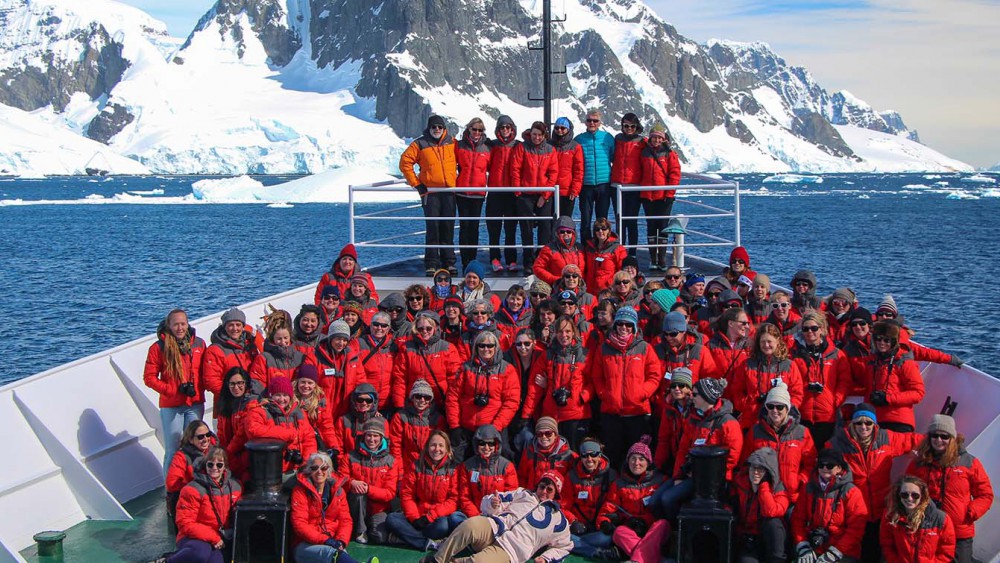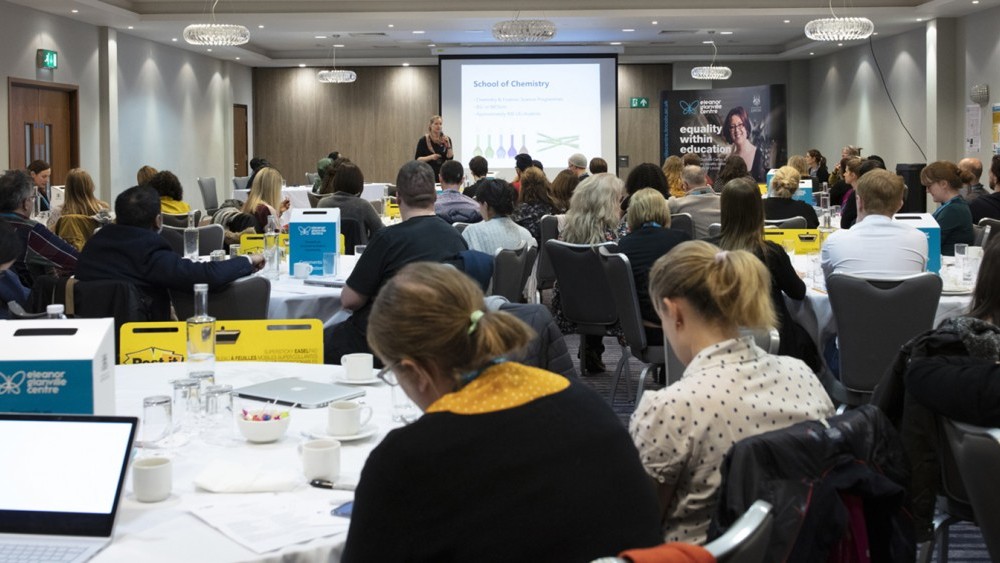Postgraduate research programmes
Understanding the attitudes and behaviours that underpin our culture and define the environments within which we live and work, can help us reduce the inequalities that are so prevalent in societies and communities across the world.
At the Eleanor Glanville Centre, our research critically addresses issues of equality, diversity, and inclusion and advances new ideas unconstrained by disciplinary boundaries. By joining our research teams, students can engage in cutting-edge research with real-life impact, and contribute to our ambition to change culture and achieve inclusive excellence.
We offer the opportunity to undertake research alongside academics whose research has been internationally recognised. Researchers in the Centre include Professor Belinda Colston, whose expertise lies in the development and evaluation of innovative strategies and mechanisms for building inclusive research environments, and their wider impact across the sector, and Professor of Sociology and Social Policy, Abigail Powell, who is an expert in the gender division of labour (in the home and workplace), with a particular focus on gender in male-dominated occupations; youth studies; financial wellbeing and complex evaluation and impact measurement.
Students can benefit from a supportive academic community, where ideas and experiences are shared with the aim of advancing knowledge, and informing strategy, policy and practice across the sector and the wider field.
The Eleanor Glanville Centre welcomes applications from potential research students to study on one of our two postgraduate programmes:
Potential areas of work are aligned with the Centre’s current research strengths and specialisms and include (but are not limited to):
- Perceptions and prejudice: challenging attitudes, behaviours, practices
- Structures and culture: challenging organisational and societal barriers
- Inclusive environments (within HEI and beyond)
- Social justice: migration, crime, precarious working, globalisation
- Life course approach: examining EDI beyond a single life stage and life sphere
- Intersectionality: investigating how race, gender, disability, sexuality class and other characteristics intersect
- Interdisciplinarity: embedding EDI in other scientific research
Contact us for more information







